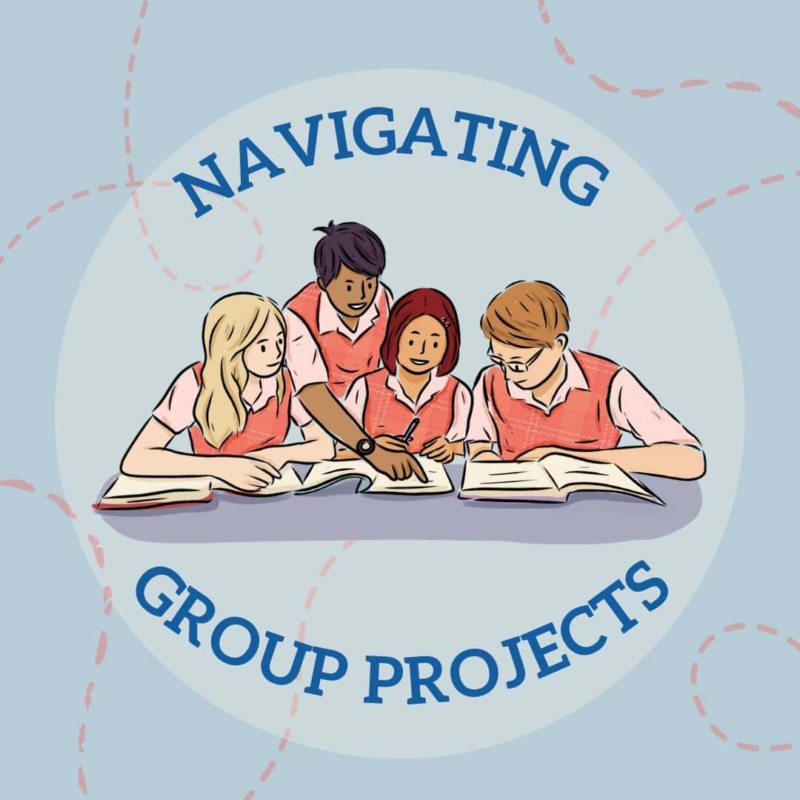Homeschooling offers the unique opportunity to tailor your child’s education to their individual needs and interests. While academic subjects like math, science, and language arts are crucial, integrating life skills into your homeschool curriculum is equally important. Life skills equip children with practical knowledge and abilities that prepare them for independent and successful adult lives. Here are some essential life skills to incorporate into your homeschooling routine.
1. Financial Literacy
Understanding money management is a fundamental life skill. Teaching your children about budgeting, saving, investing, and the basics of economics can set them up for financial success. Use real-life scenarios, such as planning a family budget or saving for a big purchase, to make the lessons practical and engaging. There are also numerous online resources and games, like Learning Coins, that make learning about finance fun and interactive.
2. Cooking and Nutrition
Cooking is a valuable skill that promotes independence and healthy living. Start with simple recipes and gradually introduce more complex dishes as your child’s confidence grows. Teaching them about nutrition, meal planning, and grocery shopping can also foster healthy eating habits. Involve your children in cooking family meals, which can also be a great way to bond and teach them about different cultures and cuisines.
3. Time Management
Effective time management skills are crucial for success in both personal and professional life. Help your children learn to prioritize tasks, set goals, and create schedules. Use planners or digital tools to keep track of assignments, extracurricular activities, and personal commitments. Teaching them to balance work, play, and rest will help them become more organized and reduce stress.
4. Household Management
Running a household requires a variety of skills, from cleaning and organizing to basic home maintenance. Assign age-appropriate chores and responsibilities to your children to teach them how to contribute to household upkeep. Show them how to do laundry, clean different areas of the house, and perform minor repairs. These tasks teach responsibility, self-reliance, and the importance of maintaining a clean and functional living environment.
5. Communication Skills
Strong communication skills are essential for building relationships and succeeding in the workforce. Encourage your children to express themselves clearly and confidently through both written and verbal communication. Practice active listening, public speaking, and constructive feedback. Role-playing different social scenarios can also help them navigate conversations and interactions effectively.
6. Critical Thinking and Problem-Solving
Developing critical thinking and problem-solving abilities is vital for making informed decisions and overcoming challenges. Encourage your children to ask questions, analyze information, and consider different perspectives. Provide them with puzzles, games, and real-life problems to solve. Discuss current events and ethical dilemmas to foster thoughtful discussions and enhance their reasoning skills.
7. Emotional Intelligence
Understanding and managing emotions is a key aspect of emotional intelligence. Teach your children to recognize and express their feelings in healthy ways. Discuss empathy, resilience, and coping strategies for dealing with stress and disappointment. Encourage them to practice mindfulness, positive thinking, and self-reflection to build emotional awareness and regulation.
8. Basic First Aid and Safety
Knowing how to respond in emergencies is an invaluable life skill. Teach your children basic first aid, such as treating minor cuts and burns, performing CPR, and understanding when to seek medical help. Discuss fire safety, water safety, and general safety practices to ensure they know how to protect themselves and others in various situations.
Takeaways
Incorporating life skills into your homeschool curriculum not only prepares students for the future but also enriches their overall learning experience. At Hodis Learning & Music, we specialize in personalized homeschooling solutions that build both academic excellence and essential life skills. Let us help you create a well-rounded education for your child—call or email us today to learn more!



